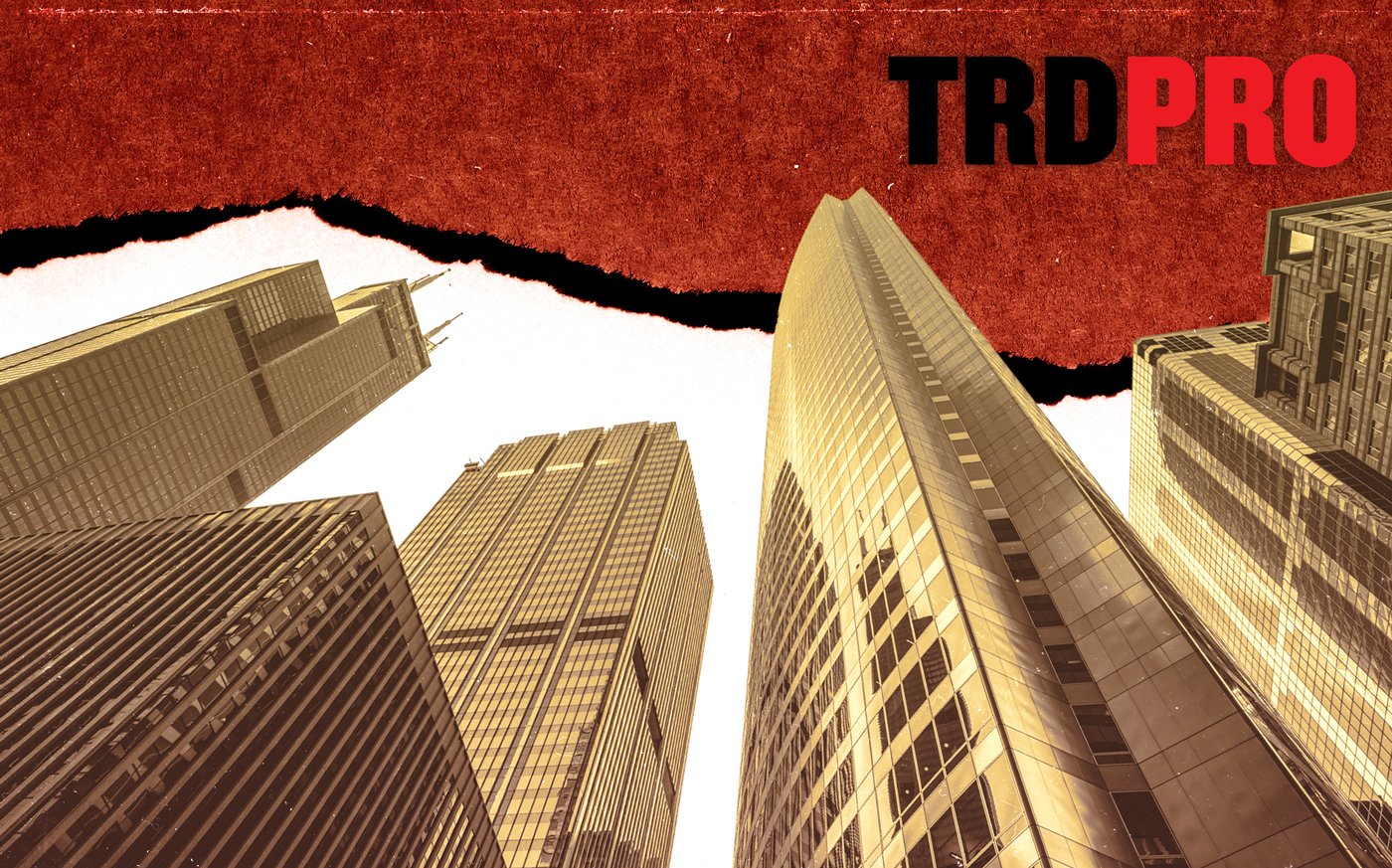Right when Chicago’s office market began to turn the page from the pandemic’s frenzied attack, other economic challenges arose and caused the sector to regress yet again.
Company layoffs, a supply surplus, beleaguered properties and the lingering remote-working trend contributed to a 22.4 percent vacancy rate in the first quarter — another new record high, up from the previous quarter’s 21.4 percent and a 21.3 percent rate a year ago, Crain’s reported.
Net absorption, which measures the difference between space occupied and space shedded by tenants over a given period, fell below zero in the quarter for the first time since the fall of 2021. It measured negative 323,000 square feet, according to a study by CBRE.

Lingering remote work policies compounded with massive layoffs and companies looking to downsize their leases are behind the surging vacancy rate.
Plus, landlords are facing competition from space that’s not included in the stat as more tenants offer up their offices for sublease, meaning the space technically remains rented even if unused. Tech giants Meta and Salesforce recently put up for sublease a combined 240,000 square feet between its two downtown offices — including the under-construction Salesforce Tower at Wolf’s Point — after each announced plans of mass layoffs.
In February, Publicis Groupe put 350,000 square feet up for sublease at the Opal Holdings-owned 35 West Wacker Drive, marking the secondary market’s largest listing in the city. That followed Tyson Foods’ 233,000-square-foot sublease at a West Loop office building.
There’s currently 7.5 million square feet available for lease downtown, which is an increase from 6 million a year ago and 3.3 million when the pandemic first started. “If they’re good quality (sublease) spaces in the right location, I think they’ll lease up,” CBRE’s Todd Lippman told the outlet.
The good news: newly built or freshly renovated buildings are showing some promising signs despite fears of an economic downturn. Over the past year, Class A properties in the downtown area had vacancy rates drop from 20.1 percent to 17.8 percent, while class B buildings rose to 26.6 percent from 22.1. Since April 2020, 78 percent of tenants that relocated from their downtown offices moved into an upgraded building.
Although a handful of companies are downsizing their operations, they’re at least recommitting to their buildings. Law firm Katten Muchin Rosenman and insurance company Chubb, for instance, recently signed lease extensions at Tishman Speyer’s 525 West Monroe Street, using slightly less square footage than previously.
— Quinn Donoghue
Read more



